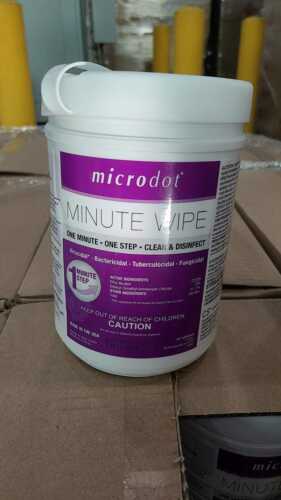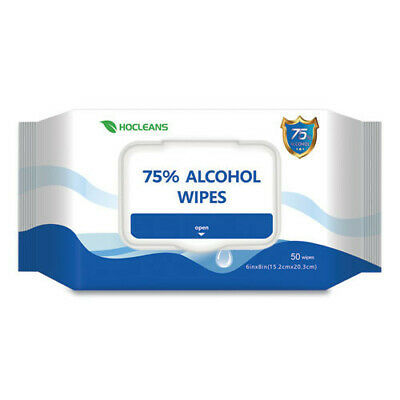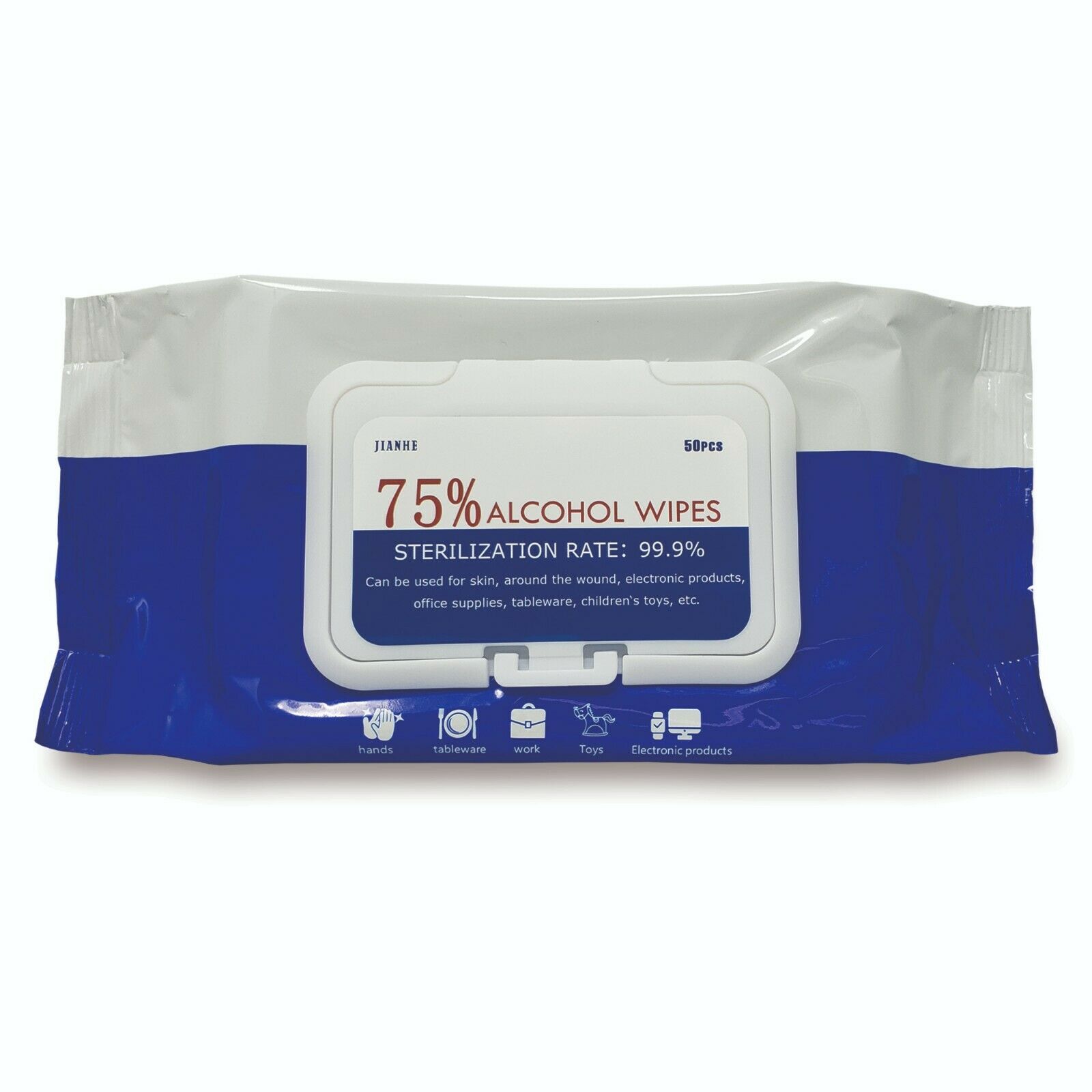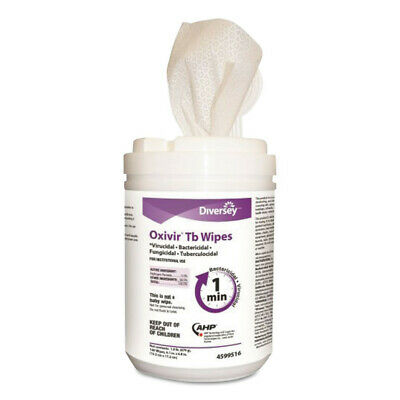-40%
Disinfectant Wipes Alcohol Microdot 1 Minute 160 Ct Canister Case of 12
$ 95.04
- Description
- Size Guide
Description
Microdot Branded Infection Control ProductsSurface Disinfection...the way it should be!
The
Microdot Brand
has long been recognized as a pioneer in the area of infection control. From hard surface disinfection to instrument treatment, Microdot products have stood the test of time in providing reliable and consistent infection prevention for the discerning dental professional wanting to protect both the patient and the dental team.
Microdot MinuteWipes
can be used to effectively clean and disinfect a dental operatory, sterilization bay or other potentially contaminated areas in less time — when compared to other products that have longer "kill rates" or out-dated formulations. This "one step," surface disinfectant features an ethanol-base, low-toxicity, and pleasant "non-fragrance" and has been laboratory tested and is EPA Registered as an effective Bactericide, Virucide, Tuberculocidal, and Fungicide. Additionally, the larger size and unique material (polyester nonwoven spunlace) combine to effectively spread the disinfectant solution and absorb excess bioburden — making it an added plus for infection control protocol.
*
Microdot
MinuteWipes kills the following microorganisms in one minute:
Enveloped Viruses:
- Human Cronavirus
- Human Hepatitis B Virus
- Human Hepatitis C Virus
- Herpes Simplex
- HIV-1, AIDS
- Influenza Virus Type A2
- RSV
Large Non-Enveloped Viruses:
- Adenovirus
- Human Rotavirus (strain WA)
Small Non-Enveloped Viruses:
- Norovirus (Norwalk Disease)
- Poliovirus Serotype I
- Rhinovirus (Common Cold)
Mycobacterium:
- Mycobacterium bovis (TB)
Encapsulated Bacteria:
- Klebsiella pneumoniae
Multi-Drug Resistant Bacteria:
- Streptococcus auresus (MRSA)
- Vancomycin-resistant enterococci (VRE)
Gram Positive Bacteria:
- Listeria monocytogenes
- Staphylococcus aureus
- Streptococcus pyogenes (Strep)
Gram Negative Bacteria:
- Acinetobacter baumanni
- Burkholderia cepacia
- Campylobacter jejuni
- Pseudomonas aeruginosa
- Salmonella enterica
- Escherichia coll (E. coli)









